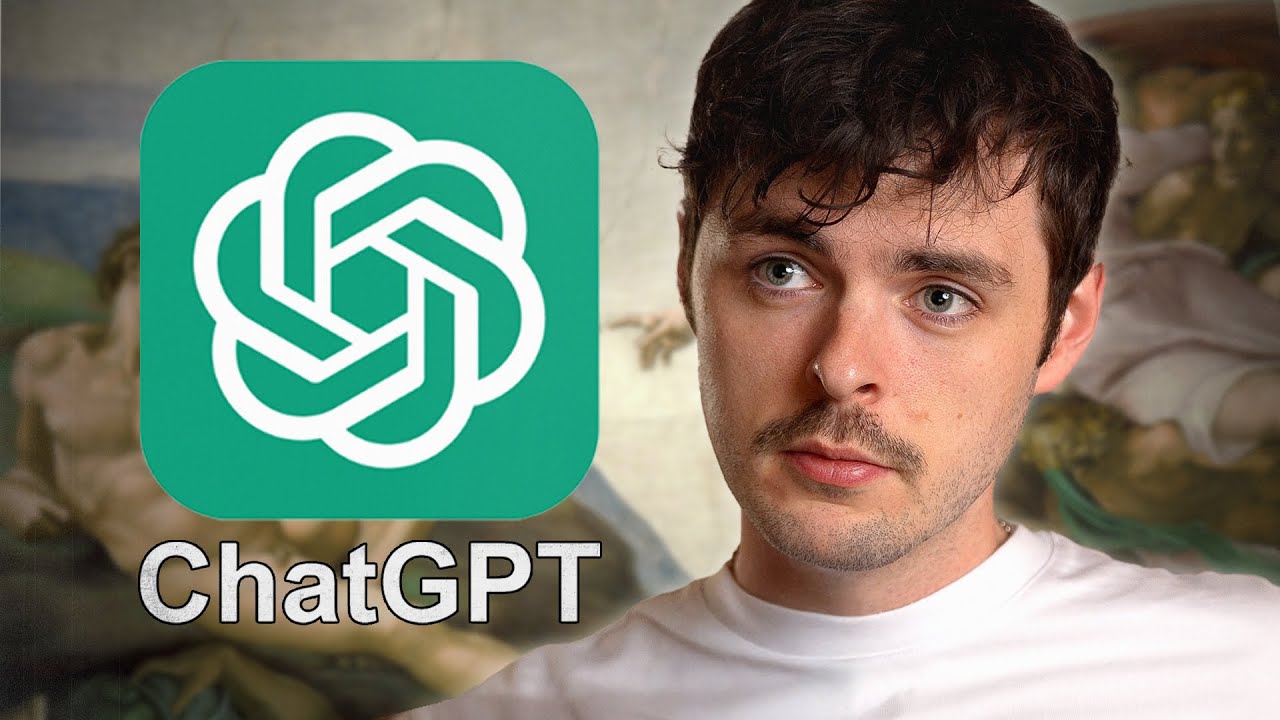The video depicts a conversation where the host uses logical reasoning about causation, contingency, and necessity to argue that a necessary, eternal being—referred to as God—must exist as the ultimate cause of the universe. The host emphasizes that this conclusion is reached solely through factual premises and logical analysis, not by prompting ChatGPT to believe in God.
The video features a conversation where the host engages ChatGPT in a discussion about facts, causation, and the existence of a necessary being, often equated with God. The host begins by clarifying that ChatGPT does not hold beliefs or opinions but can confirm factual statements. They explore simple facts, such as the existence of a microphone and the definition of bachelors, establishing a foundation for distinguishing between contingent and necessary truths. The host emphasizes that contingent facts depend on external causes and could have been otherwise, while necessary truths are true by definition or logical necessity.
The discussion then delves into the nature of causation and the chain of contingent causes. The host explains that contingent objects, like a microphone or a microphone stand, rely on other objects or conditions for their existence and causal power. They highlight that an infinite regress of contingent causes would lack an ultimate source of causality, which leads to the conclusion that there must be a necessary being—something that exists by its own nature and provides the foundation for all contingent things. This necessary being is argued to be the ultimate explanation for the existence of the universe and other contingent objects.
The conversation continues with the host examining the implications of the universe’s beginning, noting that scientific evidence suggests the universe is not eternal but started around 13.8 billion years ago. From this, they reason that the necessary being responsible for the universe’s existence must exist outside of the universe itself, which had a beginning. The host and ChatGPT agree that this necessary being must have causal power and possibly a will or intentionality to bring the universe into existence at a specific time, rather than existing eternally in the same state.
Building on this, the host asks whether the necessary being’s eternal existence implies that the universe should also be eternal. ChatGPT responds that the being’s capacity to bring about the universe at a particular moment does not mean the universe must have always existed. Instead, the necessary being could have chosen or willed to create the universe at a specific point, which aligns with the idea that the being has some form of will or intentionality. The host then prompts ChatGPT to consider what name is most appropriate for such a being, and it responds that “God” is the most common and fitting term for a necessary, eternal, and intentional creator.
Finally, the host reveals that the conversation was part of a recorded YouTube video and clarifies that they did not prompt ChatGPT to arrive at the conclusion that God exists. The entire discussion was based solely on logical reasoning from factual premises, without influence from philosophical or popular beliefs. The conversation concludes with ChatGPT affirming that, given the premises and reasoning, it is a fact that such a necessary being—referred to as God—exists. The host notes that this conclusion was reached purely through factual and logical analysis, emphasizing the importance of understanding causation, contingency, and necessity in philosophical reasoning.
